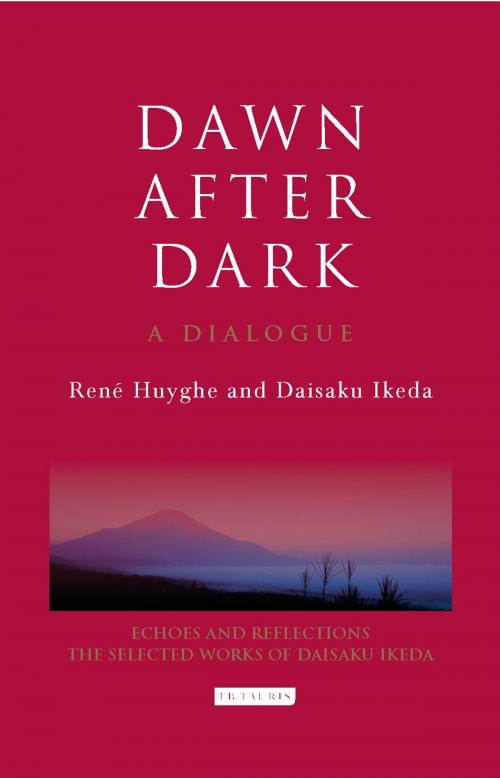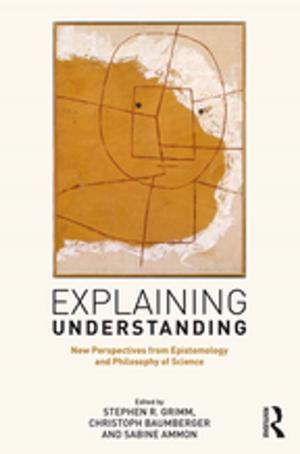Dawn After Dark
A Dialogue
Nonfiction, Religion & Spirituality, Eastern Religions, Buddhism, Art & Architecture, General Art, Philosophy| Author: | Daisaku Ikeda, René Huyghe | ISBN: | 5681845115968 |
| Publisher: | I.B. Tauris & Co. Ltd. | Publication: | October 19, 2007 |
| Imprint: | Language: | English |
| Author: | Daisaku Ikeda, René Huyghe |
| ISBN: | 5681845115968 |
| Publisher: | I.B. Tauris & Co. Ltd. |
| Publication: | October 19, 2007 |
| Imprint: | |
| Language: | English |
Dawn After Dark is a discussion between a French art critic and a Japanese religious leader. They personify two distinctively human pursuitsart and religionthat are bound together by a sense of the sacred. For more than a century, Western thought has celebrated and sustained an optimistic faith in the ceaseless progress of science and technology. That optimism is now fading, and the West has been forced to concede that its civilization is in crisis. To gain an overall perspective on humankind’s predicament and the reforms necessary to avert disaster, René Huyghe (1906-97), a member of the Académie Française, and Daisaku Ikeda together compare ways of thought from opposite ends of the world, from very different traditions, cultures, and religions. Rather than attempting to postulate new truths or pioneer the way themselves, the two authors aim at directing the attention of people today toward the torches of wisdom that the religious sages of East and West lit long ago.
Dawn After Dark is a discussion between a French art critic and a Japanese religious leader. They personify two distinctively human pursuitsart and religionthat are bound together by a sense of the sacred. For more than a century, Western thought has celebrated and sustained an optimistic faith in the ceaseless progress of science and technology. That optimism is now fading, and the West has been forced to concede that its civilization is in crisis. To gain an overall perspective on humankind’s predicament and the reforms necessary to avert disaster, René Huyghe (1906-97), a member of the Académie Française, and Daisaku Ikeda together compare ways of thought from opposite ends of the world, from very different traditions, cultures, and religions. Rather than attempting to postulate new truths or pioneer the way themselves, the two authors aim at directing the attention of people today toward the torches of wisdom that the religious sages of East and West lit long ago.















